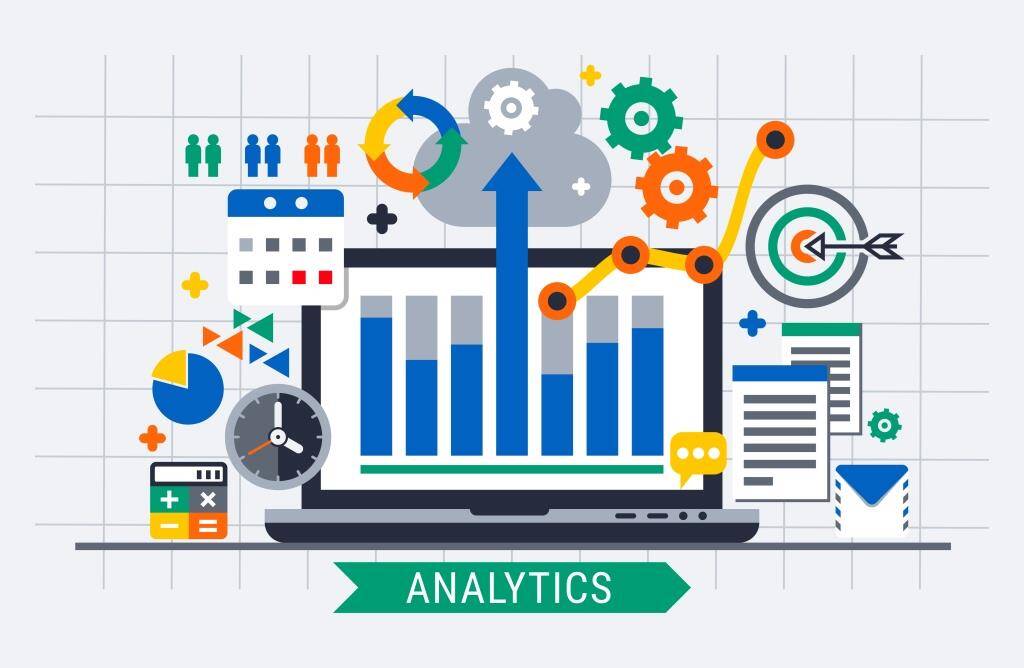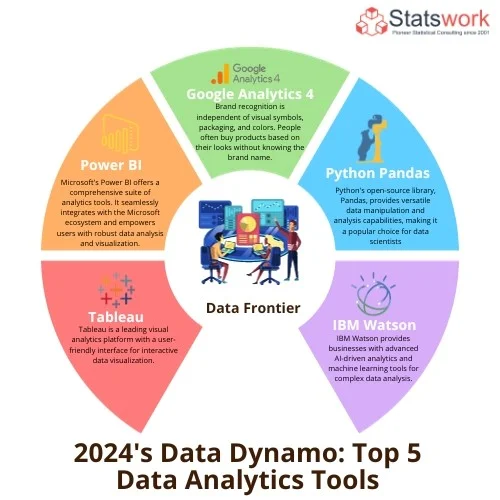Increase Decision-Making Power Through Reliable Analytics Equipment
Increase Decision-Making Power Through Reliable Analytics Equipment
Blog Article
Boost Efficiency and Productivity With Information Analytics
In today's data-driven landscape, organizations are increasingly acknowledging the pivotal function of data analytics in boosting operational efficiency and earnings. By systematically evaluating data, companies can reveal essential insights that notify critical decisions, enhance procedures, and dressmaker customer experiences.
Comprehending Data Analytics
In today's data-driven landscape, recognizing data analytics is vital for organizations aiming to boost operational performance and drive earnings. Information analytics entails the organized computational evaluation of information collections to reveal patterns, connections, and understandings that inform decision-making. By using numerous strategies, such as statistical analysis, equipment knowing, and predictive modeling, organizations can change raw data into workable knowledge.
The procedure generally begins with information collection, where appropriate information is gathered from numerous resources, including transactional data sources, customer interactions, and market patterns. This information is after that cleaned and organized to make sure accuracy and uniformity. Once the data is prepared, analytical devices and software program are utilized to imagine the information and check out, allowing stakeholders to determine anomalies and trends.
Eventually, comprehending information analytics equips companies to make enlightened choices based on empirical evidence instead of intuition. It assists in targeted strategies that can enhance source appropriation, enhance client satisfaction, and improve total efficiency. As businesses progressively identify the value of data-driven understandings, a solid grasp of data analytics becomes a crucial expertise for groups and leaders alike, placing them for sustained success in a competitive setting.

Key Advantages for Services
Businesses that utilize data analytics can open a wide variety of advantages that considerably improve their procedures and earnings. One of the primary benefits is boosted decision-making. Data analytics gives workable insights originated from real-time data, permitting businesses to make informed selections that straighten with market demands and customer choices.

Additionally, information analytics promotes boosted client experiences. By understanding consumer habits and choices, organizations can customize their offerings, resulting in enhanced satisfaction and loyalty. This individualized strategy usually causes higher conversion prices and repeat company.
Additionally, information analytics allows businesses to recognize arising possibilities and patterns. By remaining ahead of the contour, organizations can take advantage of new markets and developments before their rivals.
Carrying Out Data-Driven Techniques
Effective application of data-driven techniques calls for an extensive understanding of both available data and business objectives resources. Organizations must first define their goals clearly, guaranteeing placement in between data campaigns and critical purposes. This clearness allows teams to concentrate on pertinent metrics and insights that drive decision-making.
Next, businesses must examine their existing data framework. This includes reviewing information quality, ease of access, and integration abilities. High-quality data is vital for exact evaluation, as poor information can bring about misguided methods and wasted sources. Organizations needs to establish processes for data collection, cleaning, and monitoring to maintain data integrity.
Moreover, promoting a data-driven society is important. Employees in any way levels should be motivated to take advantage of data in their day-to-day operations. Educating programs and workshops can improve data literacy, encouraging staff to make enlightened choices based upon logical understandings.
Devices and Technologies Overview
A durable collection of modern technologies and devices is crucial for companies aiming to harness the complete capacity of data analytics. These devices help with the collection, processing, and visualization of information, making it possible for organizations to derive workable insights.
At the foundational level, information monitoring systems such as SQL databases and NoSQL systems offer effective data storage and access capacities. For data processing and evaluation, shows languages like Python and R, in addition to frameworks such as Apache Flicker, make it possible for intricate computations and artificial intelligence applications.
Visualization tools, consisting of Tableau and Power BI, change raw data right into intuitive visual layouts, making insights available to stakeholders in all levels. Additionally, cloud-based platforms like Google Cloud and AWS offer scalable storage space and handling services, fitting the expanding volumes of data companies come across.
For advanced analytics, predictive modeling investigate this site and AI-driven remedies are increasingly embraced, permitting companies to anticipate trends and boost decision-making procedures. Integrating these tools into existing operations is paramount; companies that efficiently utilize this technology can significantly enhance functional performance and drive productivity. Hence, purchasing the right devices and technologies is a strategic essential for any type of data-driven organization.
Study of Success
Leveraging information analytics has actually led various companies to achieve remarkable improvements in performance and earnings. One remarkable situation is a large retail chain that applied predictive analytics to enhance inventory monitoring. By evaluating historical sales information and consumer fads, the company minimized excess supply by 30%, resulting in substantial cost savings and enhanced cash money circulation.
An additional example can be discovered in the manufacturing industry, where a leading vehicle producer made use of information analytics to boost its manufacturing procedures. By keeping track of machine efficiency in real-time, the company determined inefficiencies and bottlenecks, leading to a 20% increase in total equipment effectiveness (OEE) This not only improved manufacturing rates yet additionally decreased downtime and maintenance costs.

These study show how information analytics can drive tactical decision-making, optimize processes, and ultimately enhance both effectiveness and productivity across numerous sectors.
Conclusion
In final thought, the combination of data analytics into organization operations offers substantial chances for enhancing effectiveness and profitability. By methodically examining data, companies can identify inefficiencies, enhance client experiences, and make educated choices.
In today's data-driven landscape, comprehending information analytics is vital for organizations aiming to boost operational efficiency Check This Out and drive success. Information analytics involves the methodical computational analysis of information sets to useful source uncover patterns, relationships, and insights that educate decision-making. Information analytics gives actionable understandings derived from real-time information, enabling services to make educated selections that line up with market needs and consumer preferences.
Top quality information is essential for accurate analysis, as inadequate information can lead to illinformed strategies and thrown away resources. Organizations needs to establish processes for data collection, cleansing, and management to preserve information honesty.
Report this page